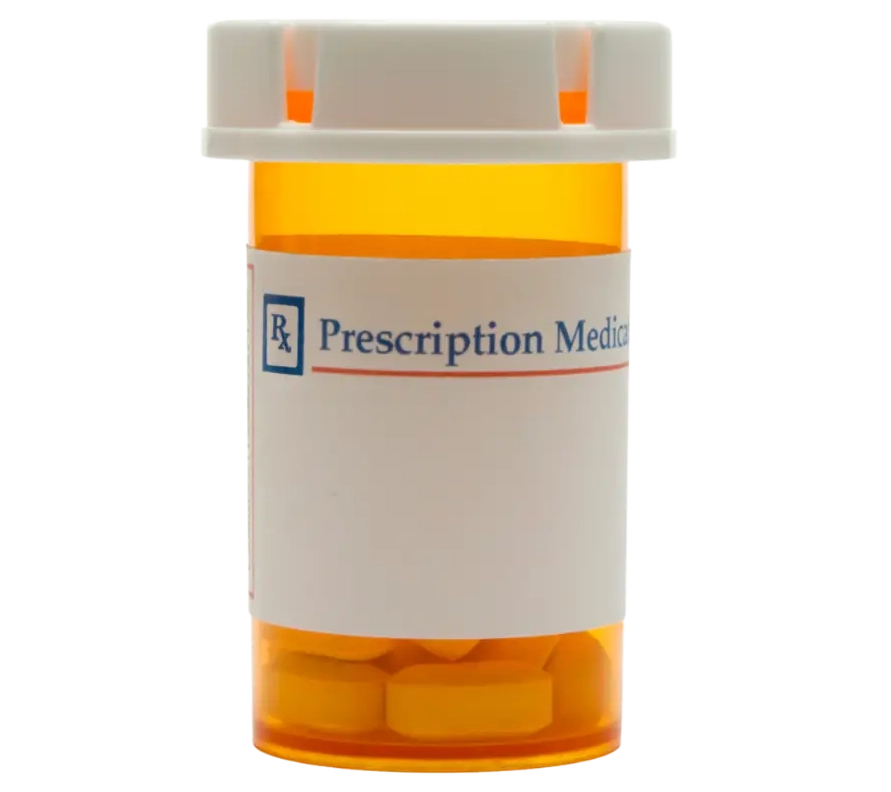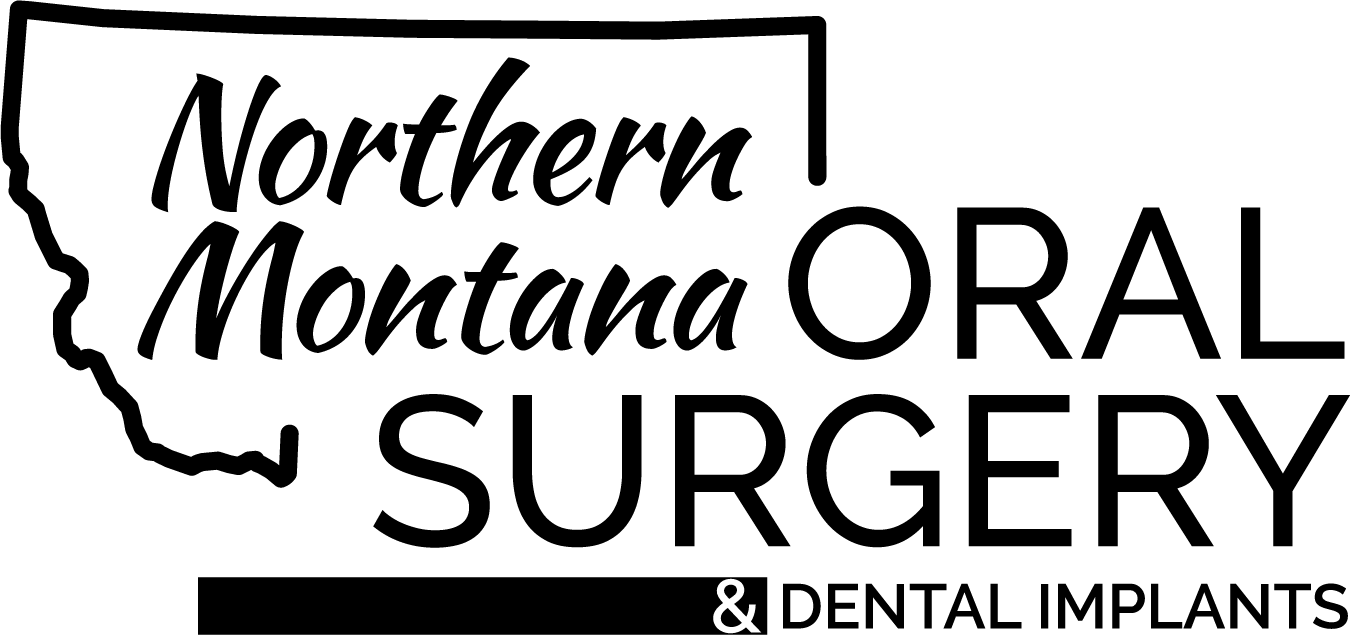Arthrocentesis
POST-OP
INSTRUCTIONS:
Arthrocentesis

Our phone number is (406) 727-4322
We want your recovery to be as smooth and pleasant as possible. Following these instructions will help you. If you have questions about your progress, please call our office at the number above. Calling the office can eliminate the additional expenses of going to the Emergency Department or seeing another doctor. We have a doctor and assistant available 24 hours a day 7 days a week to answer calls. Do not hesitate to call in case of an emergency. However, for routine questions, please call during business hours.
DO NOT DRIVE OR OPERATE MACHINERY FOR 24 HOURS AFTER SEDATION OR AS LONG AS YOU ARE TAKING PRESCRIPTION NARCOTIC MEDICATION.
BLEEDING
- Bleeding is rare. Usually, a bandage over the sites is enough to control bleeding.
- Please let us know if there is significant bleeding from the needle insertion site in front of the ear.
PAIN
- Most tooth extraction pain can be comfortably controlled with over-the-counter medications:
- For sustained pain relief, alternate between acetaminophen (Tylenol®) and ibuprofen (Advil®, Motrin®, etc.) if you can take these medications. (For adults, 500 mg acetaminophen, 2 hours later 400 mg ibuprofen, 2 hours later acetaminophen, etc.)
- OR – For maximum pain relief at one time, take both acetaminophen (500 mg) and ibuprofen (400 mg) at the same time, then wait 4 hours for the next dose.
- For children, dosing recommendations can be found on the bottle
- Ibuprofen is an important anti-inflammatory medication. Regardless of if you are in pain, we recommend taking it to help with swelling and inflammation. You can skip the acetaminophen if you don’t need pain control
- If a prescription for a narcotic pain medication is provided, this is to be used for breakthrough pain as a last resort – these medications often have uncomfortable side effects and are very addictive.
- Most narcotic pain medication has acetaminophen. If you take a dose, treat it like your dose of acetaminophen.
- Refills for prescription pain medications will be considered on a case-by-case basis and will only be filled during business hours. They will not be considered over the weekend. Please plan accordingly. Office hours are Mon – Fri 8:00 AM to 4:00 PM and Friday 7:00 AM to 12:00 PM.


ORAL CARE
- It is OK to brush your teeth.
- Oral hygiene is important for overall health.
SMOKING
- Do NOT vape or smoke tobacco or marijuana after oral surgery. Smoke and vaping vapor contain damaging chemicals that will increase the risk of pain and infection and will delay the healing process leading to higher risks of complications .
- The longer you can avoid smoking after surgery, the better.
- Patients who smoke tend to have pain that lasts longer than non- smokers.

SWELLING
- Swelling takes time to resolve.
- Ice packs help reduce swelling. A pattern of 20 minutes on and then 20 minutes off is helpful for the first 24 hours.
- Ice directly on the skin can be uncomfortable. Place a cloth between the ice and your skin.

GENERAL HEALTH
- Do not stand up quickly during the first 24 hours after surgery – you may faint.
- You should have assistance when you go to the bathroom if you were sedated.
- It is common to run a low-grade fever during the first 48 hours after surgery and anesthesia.
SLEEP APNEA
- Unless directed otherwise, you may use your CPAP machine.
- Patients who were sedated, or who are taking narcotic pain medication MUST use their CPAP machine anytime they might fall asleep, unless specifically directed otherwise. You are more likely to have life-threatening apnea initially after anesthesia and while under the influence of narcotic pain medication.

NAUSEA
- Sometimes pain medication causes nausea. Nausea can be reduced by eating a small amount of food before each pain pill and taking the pill with a large volume of water.
- Ginger ale, Dramamine®, and Benadryl® may help with nausea.
- Be aware that almost all anti-nausea medicines cause drowsiness.
DIET
- You can eat whatever food is comfortable for you.
- You may want to start with soft food and advance as tolerated.
- You may be limited to soft food because of the swelling after arthrocentesis.
- NOT skip meals. This will slow the healing process. Protein in your diet helps with healing.
- If you have diabetes, maintain your normal eating habits, or follow instructions given by your doctor. Check your blood sugar regularly. Ideally, your blood sugar should stay below 250.

HEALING
- There should be minimal risk for a scar unless an incision was made.
- Open and close your mouth to stretch it open. Don’t baby it.
EXERCISING
- When you start exercising is up to you.

- If you are taking narcotic pain medication or are within 24 hours from being sedated, you should not exercise.
- Aerobic exercise with endurance training in mind may be more comfortable. However, people often feel throbbing. This is fine if it goes away when you are done working out.
Our Locations
- MON - THU7:30 am - 5:00 pm
- FRI6:30 am - 1:00 pm
- SAT - SUNClosed
- MONClosed
- TUE8:30 am - 3:30 pm
- WED - SUNClosed



